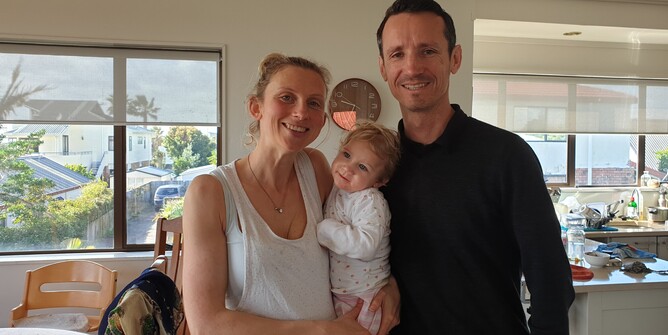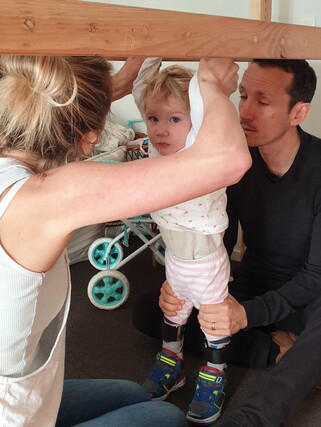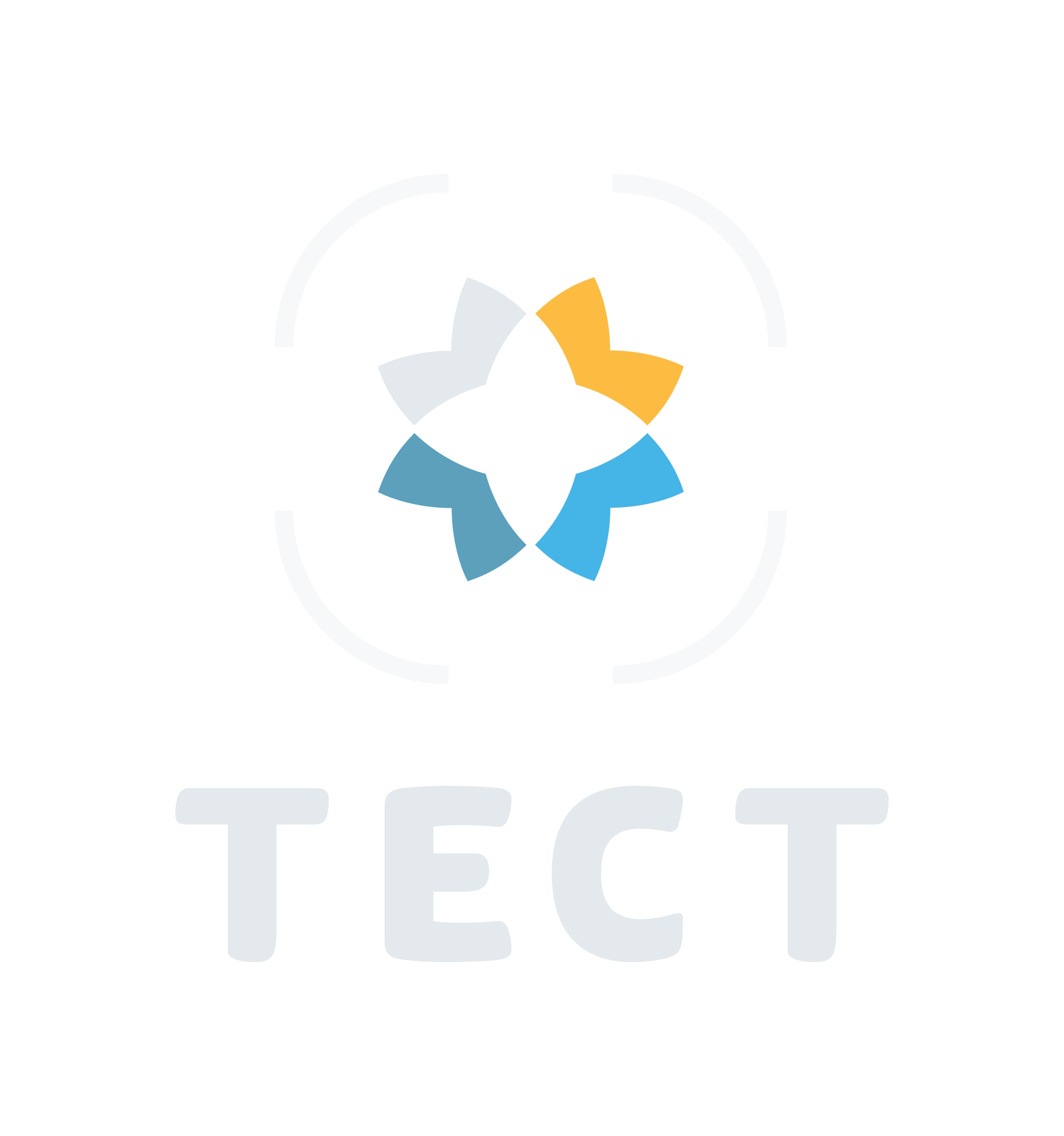It’s something every parent wants. No preference for a boy or a girl, just that their baby is healthy and happy.
For many parents around New Zealand, it’s an unexpected and anguish-ridden reality that their child is born with or sustains from an accident a brain injury or severe developmental delay.
Having a child with a disability is a life-long journey, one that can often feel like a battle. Families experience immense stress, anxiety and oftentimes guilt; wanting the best for their child with what seems like a limited prognosis for the future.
A charity that is working to ensure these families have hope, and the practical, financial and emotional support needed to provide a bright future for their children is Brain Injured Children Trust.
A Journey from Injury to Independence
The human brain is extremely adaptable. Recovery from brain injury is possible if appropriate interventions and therapies are applied and critical development takes place during the first few years of life.
However, considerable funding and support are required to help children make that arduous journey from injury to independence.
Whether it’s home and vehicle modifications, tuition, private carer support, supplements or therapy programs, there are countless rehabilitation and medical specialist treatments that all make a difference to these children’s progress and lives. However, many of these are not covered under any financial assistance.
Brain Injured Children Trust helps families to access these services with funding that would otherwise be difficult to raise as an individual; alleviating some of the enormous financial burden for parents that are already under significant stress.
One service the Brain Injured Children Trust helps families access to an intensive home-based therapy called Neuro-Development Therapy Program (NDTP).
NDTP effectively works to rewire the brain so brain injured children can learn to do the basic milestones that neurotypical children routinely learn. One of the therapy programs, the Ian Hunter Neuro-Developmental Program, involves an initial assessment of the child, followed by a home-based therapy program which is devised and taught to the child’s parents. Ian Hunter visits New Zealand twice a year to teach parents and provides follow up advice over Skype and email.
Reaching Movement Milestones
One little girl that is reaching for her full potential with the help of Brain Injured Children Trust and devoted parents is Maggie Mooney. Maggie was born with cerebral palsy – this means she does not reach the typical developmental milestones, such as crawling or walking, at expected times due to muscle stiffness and movement difficulties.
Maggie’s parents Susan and James noticed by 9 months Maggie was still not reaching for things, held her hands tight, and was having trouble crawling, so sought help and diagnosis. Through a friend they heard about the Brain Injured Children Trust and Ian Hunter’s therapy program.
Maggie now undergoes the Neuro-Developmental Therapy Program every day, five times a day with the help of her parents. It involves movements such as hanging, swinging upside down, standing and walking with the help of a wooden frame (built kindly by the Te Puke Menz Shed). These movements help Maggie to balance and train her muscles and brain how to correctly move her limbs.
Little Maggie, who is 21 months old, is achieving amazing results. Susan says it is incredible to see the improvements she has made.
“We saw improvements in Maggie within a few weeks. She used to crawl around with her right arm by her side – she wouldn’t extend her arm. Now she picks up and throws with both her hands.
“If we didn’t do the therapy, her brain circuits would not have learned to use that right arm. It’s the same process for her other limbs. We move her limbs for her using the correct movements, and it slowly, through persistence and repetition, rewires the brain.”
By reproducing the normal stages of development through these movements and doing it enough times, Maggie starts to recognise the pattern and initiatives the movements herself.
“She now crawls beautifully, and we are currently working on standing and walking.”
James says they are tremendously grateful for Ian Hunter’s guidance, and the support of Brain Injured Children Trust which funds the therapy program.
“I have no doubt that if we didn’t do Ian’s programme, we would be nowhere near where we are now. The therapy is an absolute game changer. And its thanks to Brain Injured Children Trust that we can access it.”
Maggie will continue doing the therapy until she can walk, run, feed and dress herself independently; reaching her full potential thanks to her active nature and the dedicated help of her parents engaging her through therapy every day.
TECT funding allows the Brain Injured Children Trust to support 25 members residing in the Western Bay of Plenty, with a total of over 100 families supported around the country.
To learn more about Brain Injured Children Trust, and to read more stories of brain injured children working to reach their full potential, visit www.braininjuredchildrentrust.co.nz.





